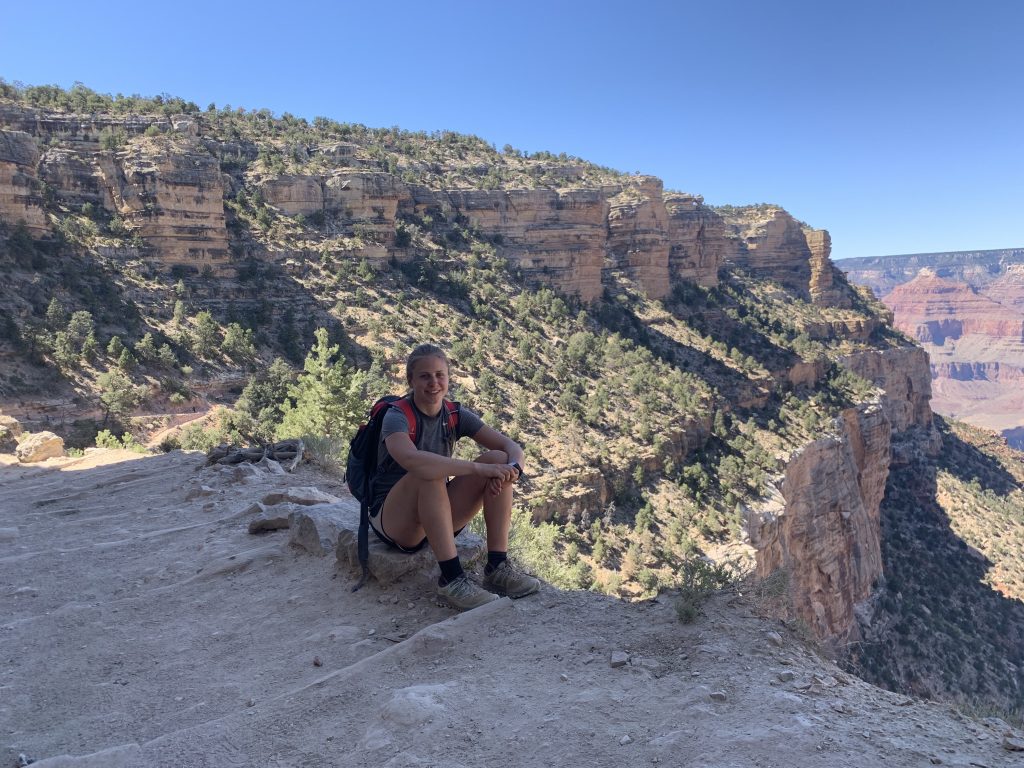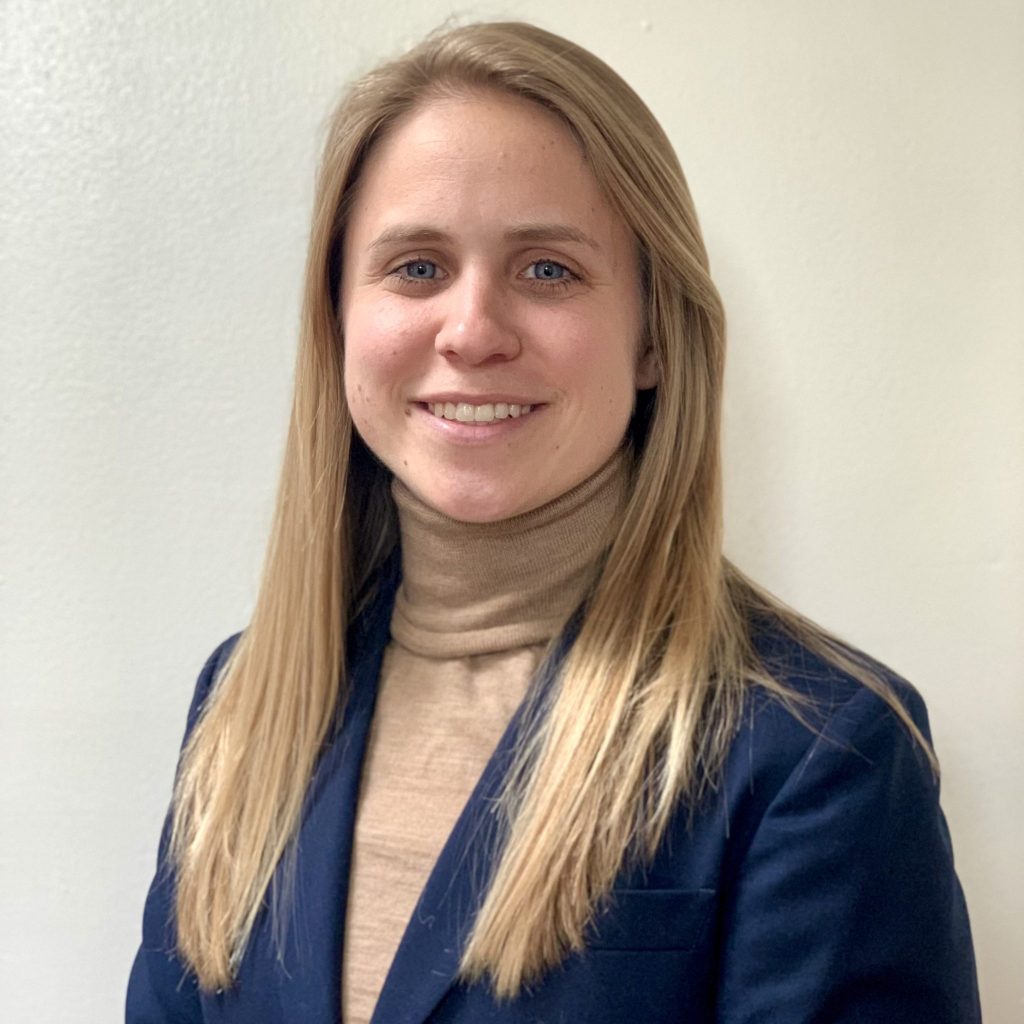New faculty profile: Michaela Hoffelmeyer studies labor, equity and sustainability in the agrifood system

Michaela Hoffelmeyer joined the UW–Madison faculty in August 2023 as an assistant professor in the Department of Community and Environmental Sociology. Funding for this position comes from the Dairy Innovation Hub, which has supported over a dozen faculty positions so far at UW–Madison, UW–Platteville and UW–River Falls.

What is your hometown? Where did you grow up?
I grew up in Winterset, Iowa, mostly famous for the Bridges of Madison County and as the birthplace of John Wayne.
What is your educational/professional background, including your previous position?
I completed my undergraduate degree in global resource systems and public service and administration in agriculture from Iowa State University. Then went directly to graduate school at Penn State University, studying rural sociology with a dual title in women’s, gender, and sexuality studies.
How did you get into your field of research?
Growing up, I felt very conflicted by the assertions that I was hearing surrounding ideas about agricultural production, food insecurity, and environmental conservation. I couldn’t understand how we produced so much food in Iowa but also had so many people unable to afford that food. I came to grad school to grapple with conflicting ideas surrounding increased production and environmental stewardship and to understand how to improve the agrifood system for everyone.
What are the main goals of your current research and outreach programs?
One stream of my research engages questions about gender and sexuality in agriculture. A second explores laborers’ health and safety in the agrifood system, specifically meat processing and, in the future, dairy. Both areas of research feed into a primary goal of calling on individuals, organizations, institutions, and policy makers to consider if and how we are serving all farmers and celebrating all people involved in agricultural production. I want people to examine what we mean when we leverage phrases like “No farms, no food” and “America needs farmers” and the degree to which we support underserved farmers and farm workers with this rhetoric.
What was your first visit to campus like?
My first time visiting UW-Madison was as an undergrad student when our rugby team traveled to Madison for a conference match. It was the perfect fall Saturday, and the pitch was nestled in a tree-filled park. I was stunned by how the university and city are intertwined.
What’s one thing you hope students who take a class with you will come away with?
I teach the Department of Community and Environmental Sociology’s undergraduate course, “Issues in the Food System.” I hope the students in the class can understand different approaches to enacting change in the agrifood system and analyze how these approaches serve different goals and visions for the agrifood system.
Do you feel your work relates in any way to the Wisconsin Idea? If so, please describe how.
Because I’ve spent most of my life at land grant universities, I am deeply motivated by the goals of applied research and teaching. I prioritize sharing my research in academic and non-academic spaces like farming conferences and organizations. I push students to reflect on topics like food justice and sovereignty and apply them in their daily lives as consumers, advocates, and professionals.
The pandemic forced us all to reconsider many things we took for granted. Is there something you’ve learned that has helped you through these challenging times, personally or professionally?
Having a personal and professional network of extremely generous, supportive, and kind people allowed me to weather the difficulties of the pandemic, and I am exceptionally grateful for their support.
What’s something interesting about your area of expertise you can share that will make us sound smarter at parties?
Injuries in the meat processing industry have largely shifted from acute, highly visible injuries like lost limbs to chronic, less visible, but highly debilitating injuries due to increasing line speeds and poor preventative measures. The steel (a knife-sharpening tool) is a meat processing worker’s “best friend!”
What are your hobbies and other interests?
I love riding my road bike, drinking copious amounts of coffee, and watching Russell Wilson win football games.

